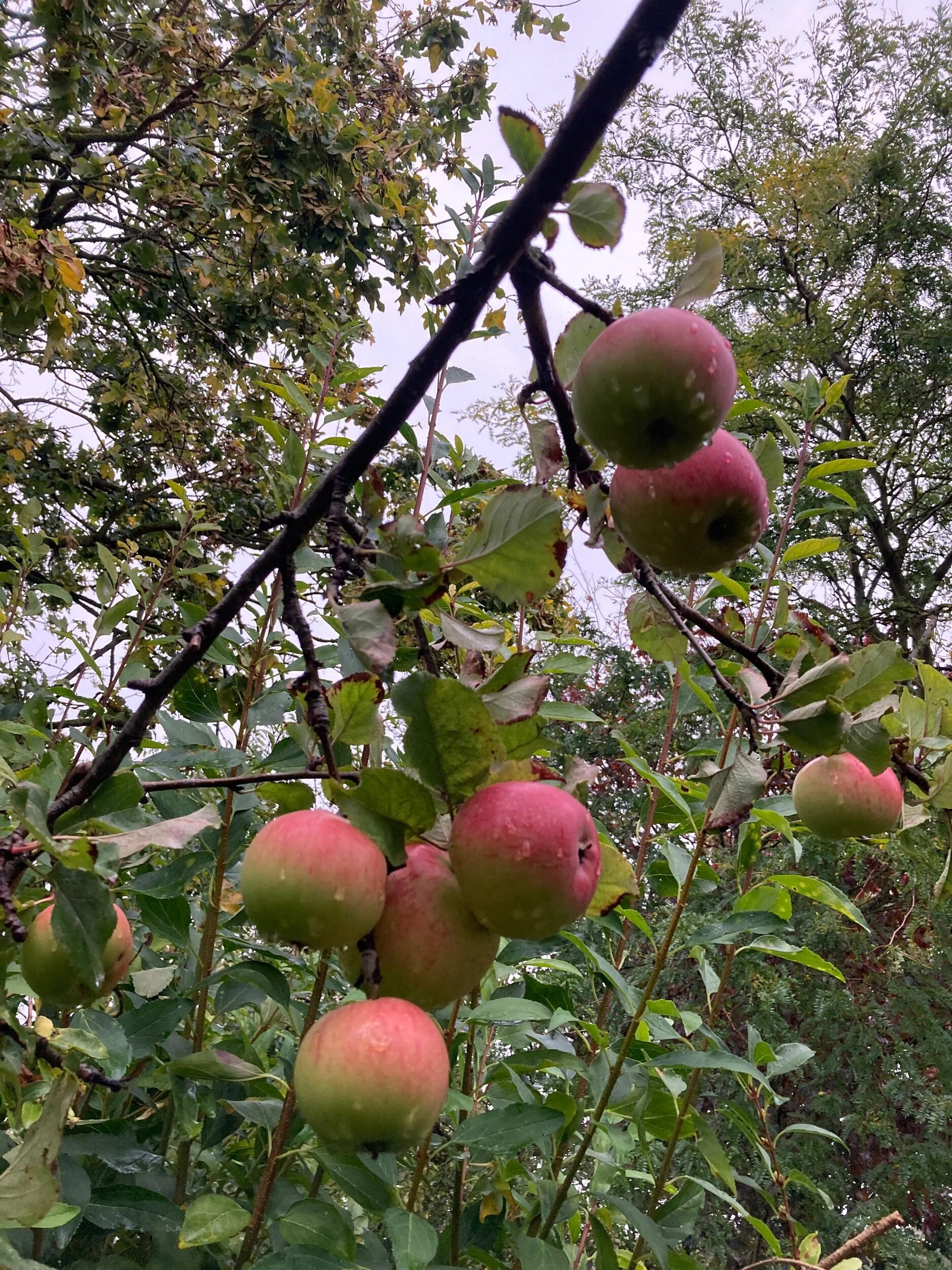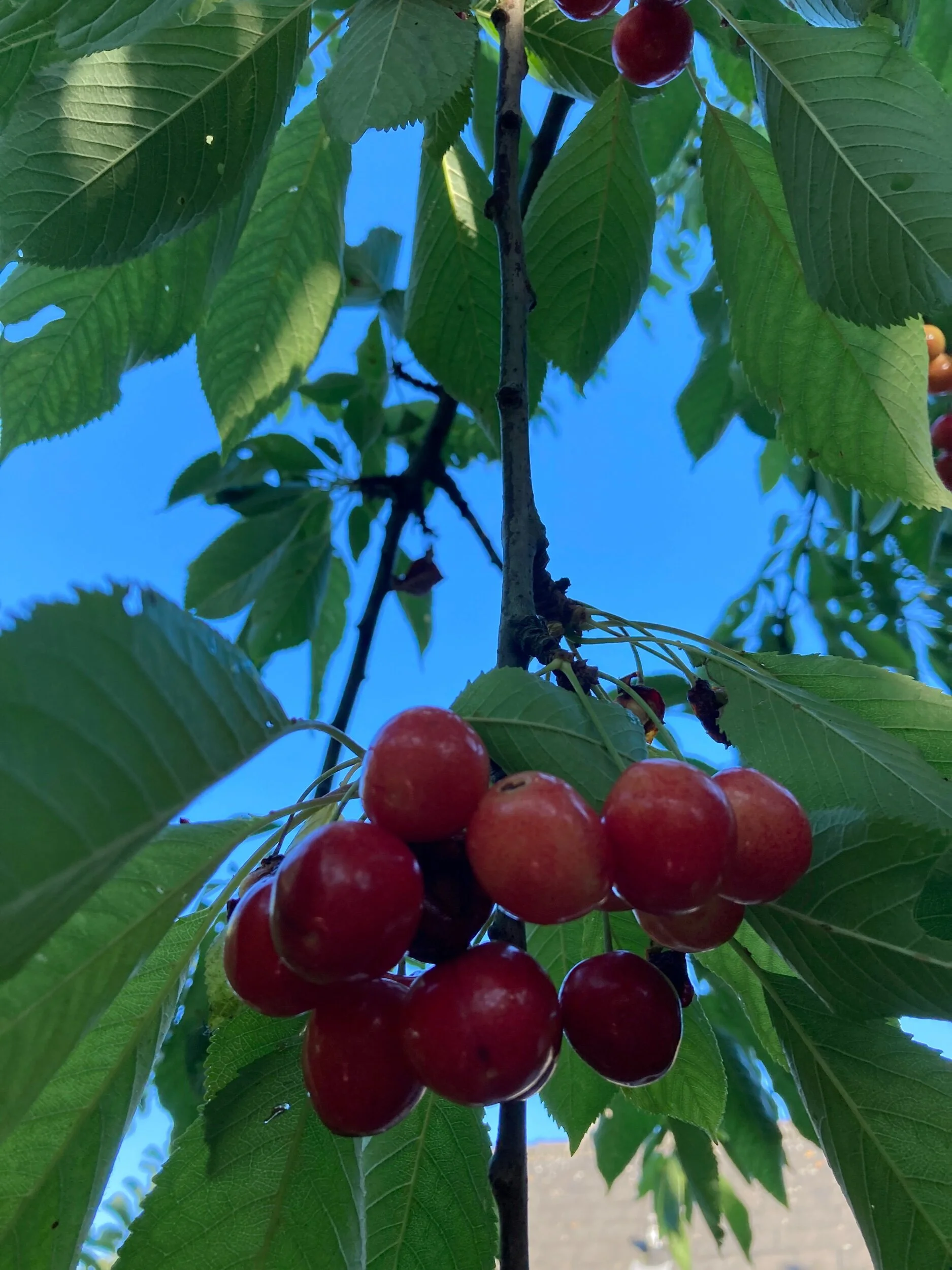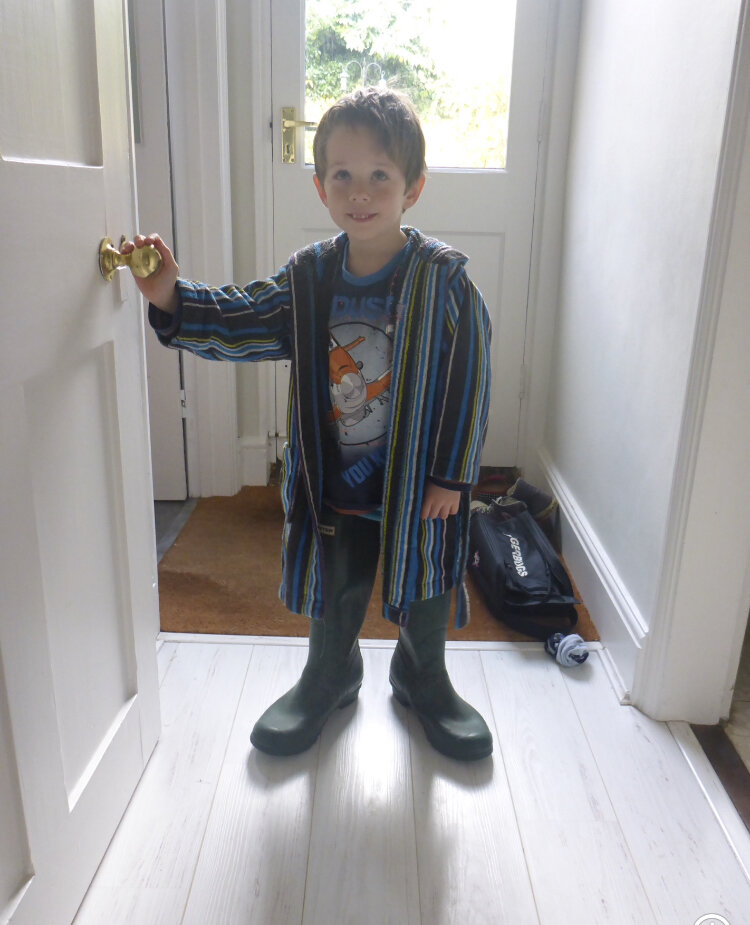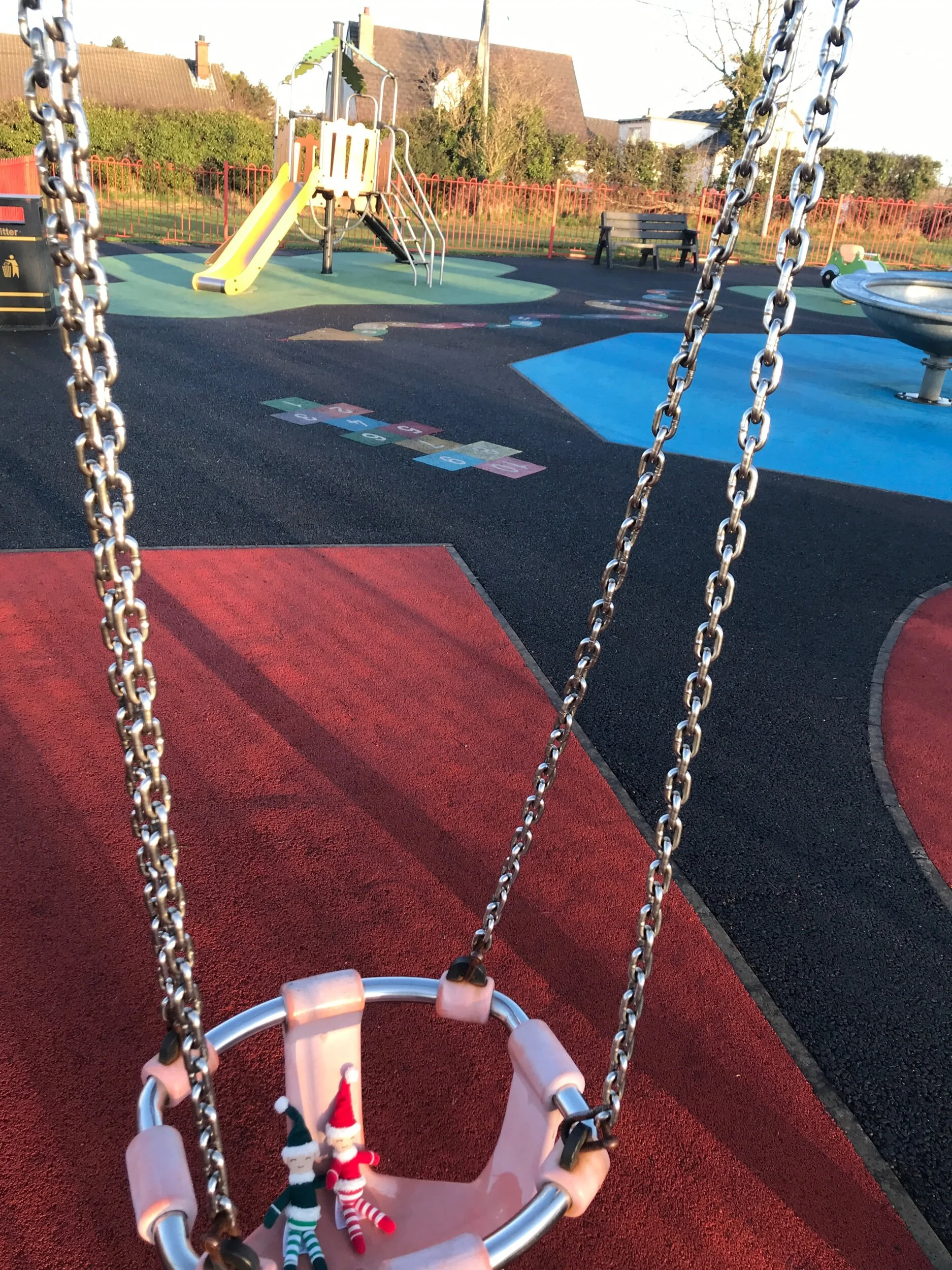Cooking is great for both developing a child’s motor skills and language skills as well as getting something yummy to eat at the end. What’s not to love…..
Instead of making all your biscuits round why not make lots of different shapes. Have a look in your cupboard for different cutters. You could even go for a winter or Christmas theme.
Talk about all the shapes: snowman, star, holly (leaf), bell, tree, gingerbread man, Santa, etc…
Encourage your child to help you get out all the ingredients. Create a list of what you need - using pictures/ photos (no need to print them out). Then your child can use the photos to remind them of what they need to get (this can be used as a matching activity - matching object to picture). Weigh out the ingredients. I find using ounces rather than grams means numbers are easier for even young children. Talk about how much you need, e.g. 3 ounces. Gradually add your ingredients to the scales which will give lots of opportunities for asking for “more”.
As you make the dough you can use lots of action words including - cut, pour, mix, make, roll
Then together choose what shapes to make. For example: shall we make a snowman or bell?; shall we have a big or little tree?
Talk about who is doing a task? “Mummy roll dough” or “I cut butter”
Once they are cooked you could decorate some with icing sugar and sprinkles
For those children with limited attention skills you might want to do this in several stages with breaks in between. For example:
collecting ingredients
make dough
cooking
decorating
eating
talking about the pictures
Take photos of each stage so you can create a 3 - 7 picture sequence which you can use for:
sequencing skills
retelling what happened
supporting learning of new words, e.g. roll
sharing information with others
and then the good part - you can eat them.
Do share photos of your creations…
Sarah Winstanley, SaLT
Communication Lincs Ltd. ………..because Speech Therapy Matters






















